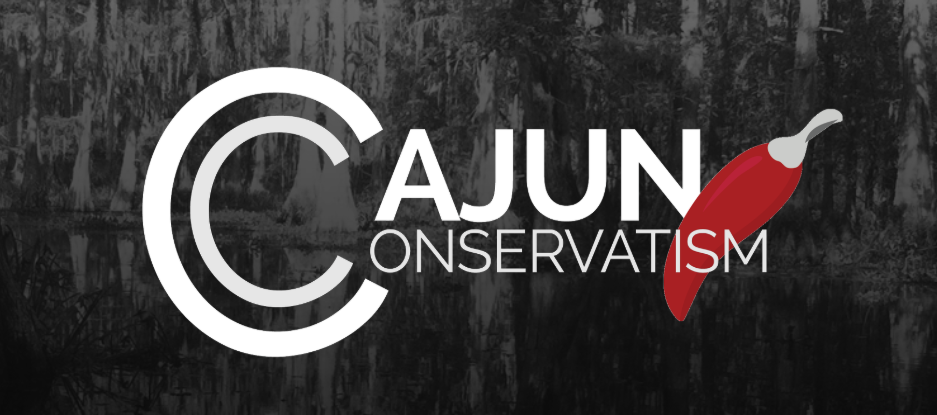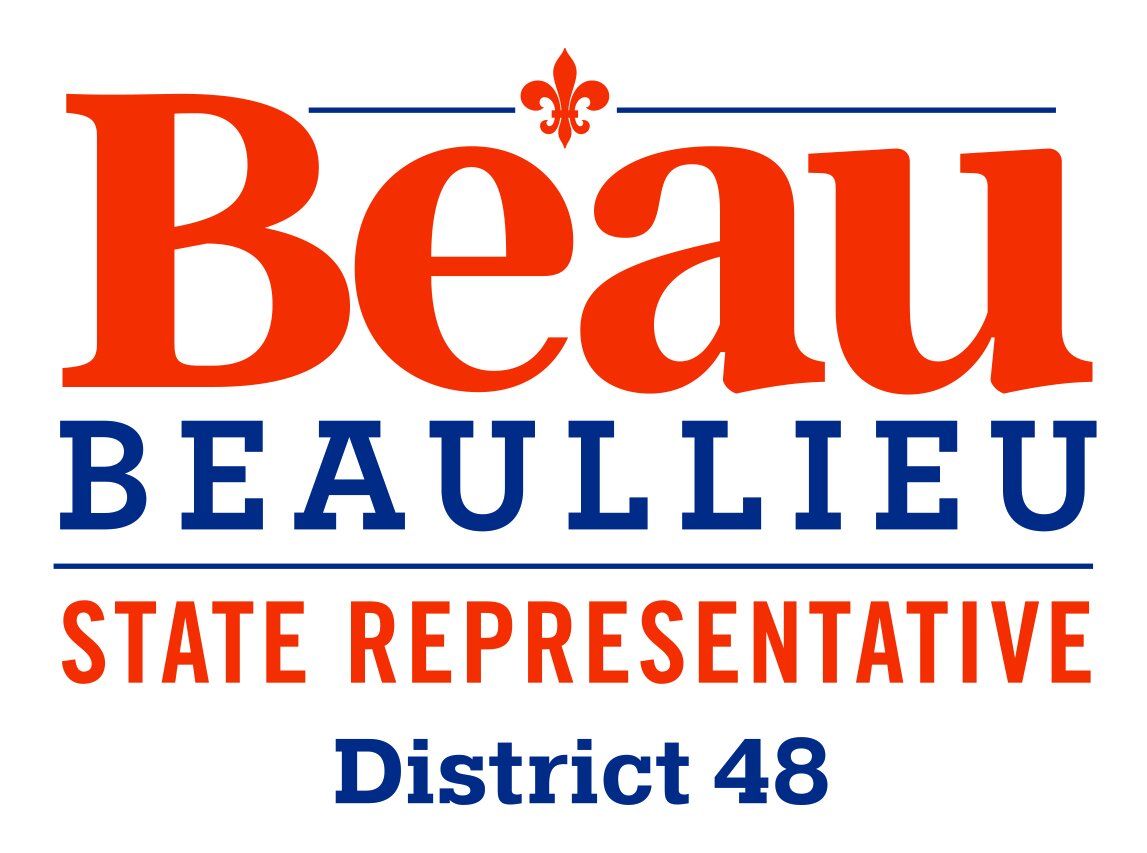In Louisiana, we’ve always had our own way of doing things. For me, nowhere is that clearer than in the progress and ingenuity of our state’s oil and natural gas industry. Over the last 100 years, we’ve cultivated a thriving energy sector by prioritizing the safety, success and innovation of Louisiana workers and businesses. So, why stop now?
As we look to worldwide market demands and the evolution of energy products, it’s clear that companies and customers are looking for affordable, accessible low-carbon options. Carbon capture and storage is the most trusted solution for Louisiana energy companies to reduce emissions, grow employment and establish themselves as leaders in the world economy. But we cannot, and would not, pursue CCS projects without the required permits and approvals for Class VI injection wells, which are the wells used to inject carbon dioxide into deep rock formations for long-term storage.
However, since the program’s creation in 2010, the federal government’s Environmental Protection Agency has granted only two active Class VI injection well permits for a single project in Illinois. Louisiana has nearly two dozen permit applications pending approval by the EPA. Citing issues like staffing challenges, the agency currently takes six years on average to approve each permit.
To help expedite the process, the EPA can grant primary enforcement authority, also known as primacy, to state agencies to administer Class VI permits in accordance with federal standards. Louisiana’s Department of Natural Resources has the expertise and resources to implement the same strict regulations as the EPA and to promptly review, approve and monitor Class VI permits through primacy. In fact, the state agency already has primacy over the other five classes of injection wells and has effectively and safely managed the permits. By transitioning authority of the Class VI permits to the state level, primacy will allow us to speed up the pace for investments and bring more opportunities to our communities.
As of June 2023, only two other states, Wyoming and North Dakota, have received primacy, while Texas, West Virginia and Arizona are still in the “pre-application phase.” This means that Louisiana can be years ahead of other states to compete for CCS and related investment projects. The Great Plains Institute estimates that we could create an annual average of up to 4,920 project jobs over a 15-year period, and 2,500 ongoing operations jobs, through CCS deployment. These projects could also result in at least $13.7 billion in private investment for the state — but not if they are stuck on the shelf at the EPA.
Through primacy, Louisiana can remove burdensome red tape that is delaying investments and jeopardizing opportunities for our people and our parishes. Our experts at DNR can streamline the permit process while maintaining the highest standards for health, safety and environmental impacts. Louisianans know our geology, our infrastructure, our workforce and our communities better than anyone in D.C. or elsewhere in the country.
By supporting primacy, we’re putting our energy future back in Louisiana’s hands.
Tommy Faucheux is president of the Louisiana Mid-Continent Oil and Gas Association.








